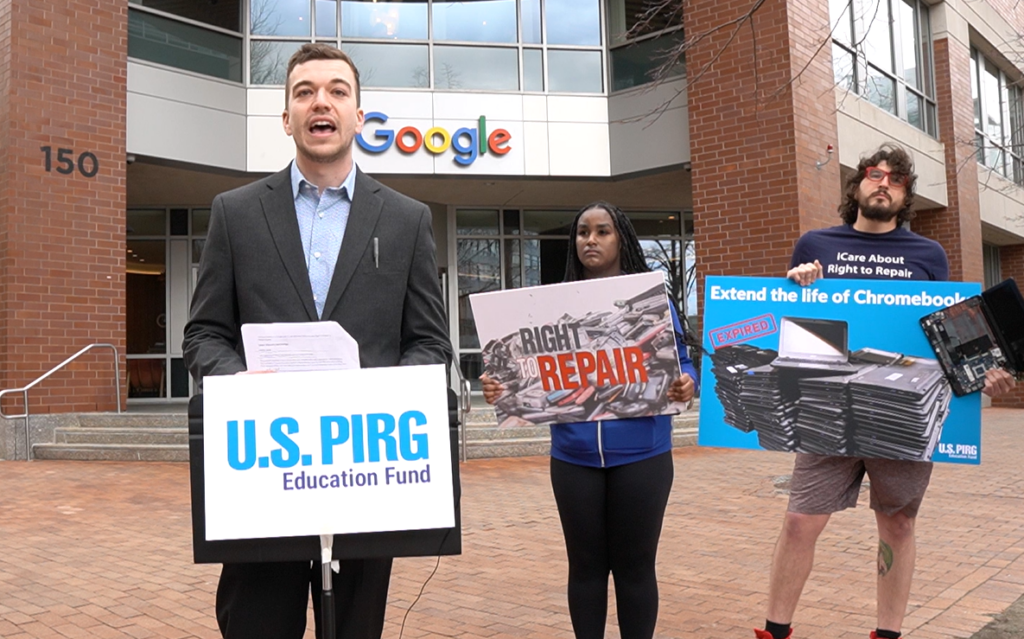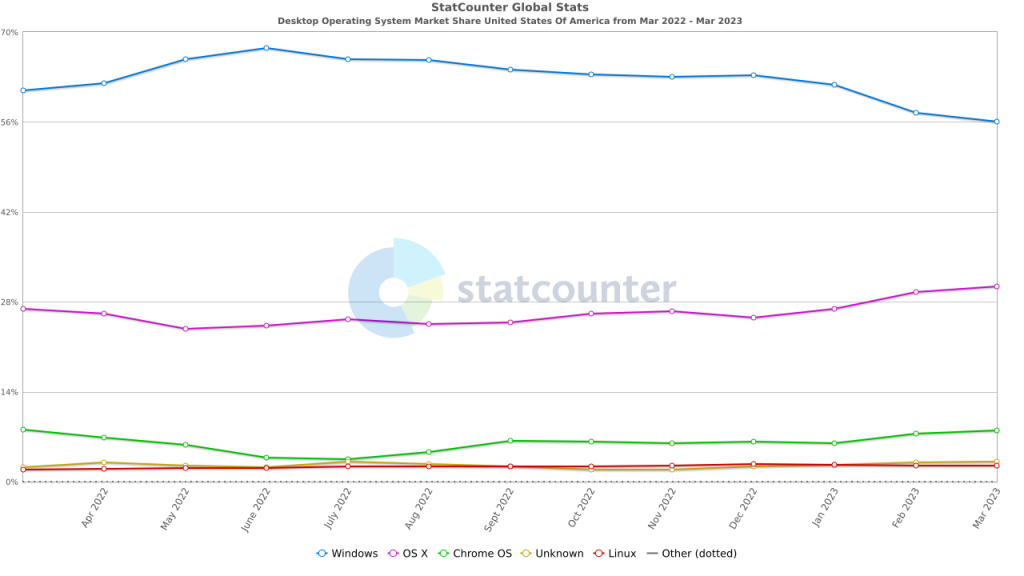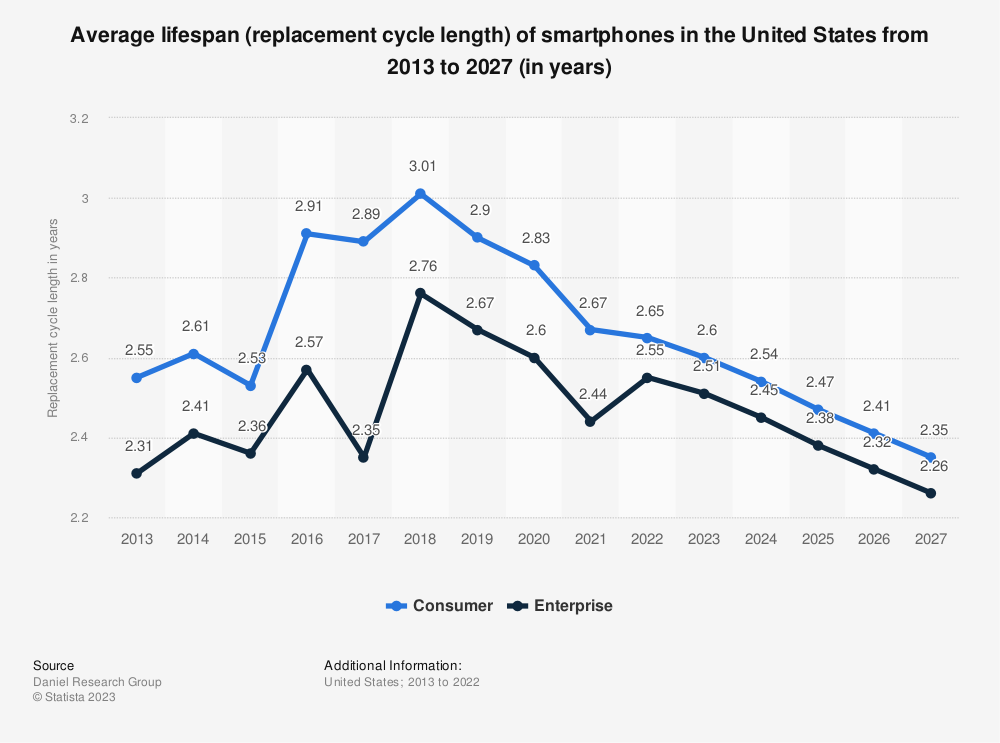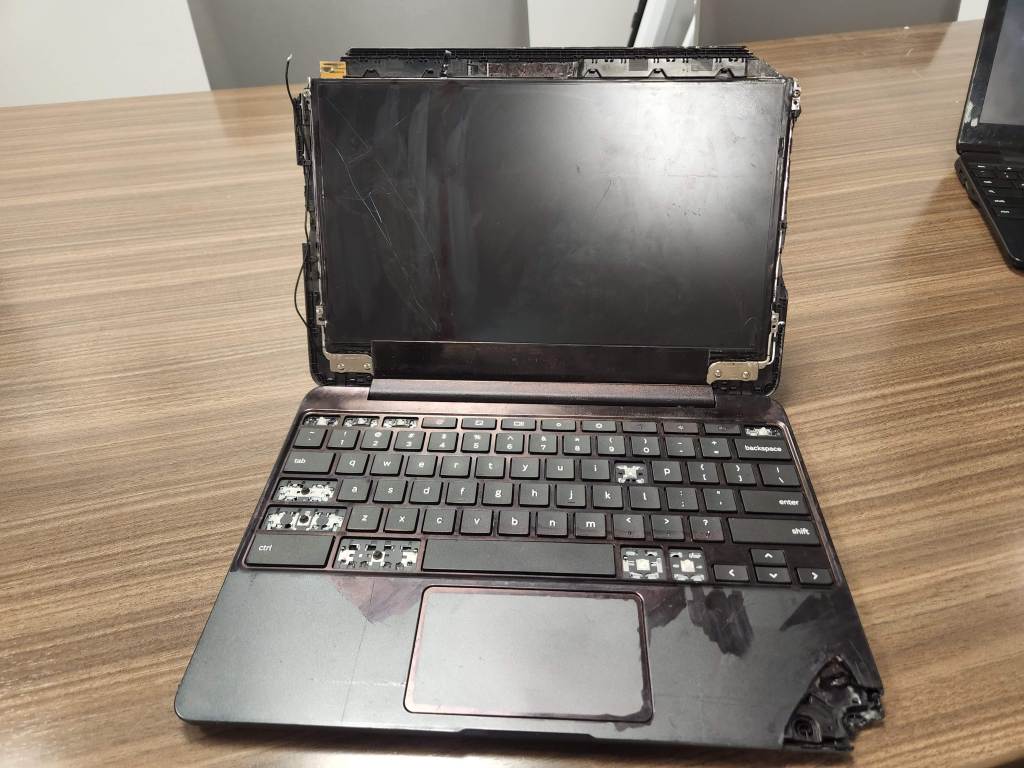Chromebooks and misleading reports

I saw this article on PC Gamer by Jorge Jimenez titled “Here’s another e-waste crisis for the e-waste pile: ‘Chrombook churn‘”
I read it and while there are some points to be made, I felt the article was a bit misleading and short sighted. The whole article is based on a report from a consumer advocacy group called the Public Interest Research Group (the US PIRG), so rather than point out shortcomings of Jorge’s article I decided to go to the source and criticize it there. You can find their article written by Lucas Gutterman here: https://pirg.org/edfund/media-center/new-chromebook-churn-report-highlights-problems-of-short-lived-laptops-in-schools/
You can find the US PIRG report written by Lucas Gutterman here: https://pirg.org/edfund/resources/chromebook-churn-report-highlights-problems-of-short-lived-laptops-in-schools/
What is US PIRG’s mission
“Through research, public education and outreach, we serve as counterweights to the influence of powerful special interests that threaten our health, safety or well-being.”
They focus on right to repair, cutting down ewaste or the overuse of antibiotics amongst other topics.
I am onboard – I think those are all worthwhile causes and applaud their work. Keep it up PIRG!
So what’s wrong?
Well, they got some things wrong in their report and article. They also have some things right and I’ll highlight those. I will just go through their claims one by one and address each one. I am addressing these claims as a Director of Technology who manages a fleet of over 300 Chromebooks in a small independent school for the past 5 years.
Claim #1: COVID-19 forced schools to go into distance learning and students needed devices to effectively do their work and Chromebooks were an obvious, affordable option for schools and families around the world.
I don’t think anyone can argue that. In fact they state that in the last quarter of 2020 Chromebook sales were up 287% than in 2019. It’s a weird statistic to throw out in 2023, but maybe that was the latest data they could find. At any rate, it certainly shows the popularity of the device type.
Claim #2: Schools have piles of working Chromebooks that have become e-waste because they’ve expired
What PIRG is talking about here is the Auto Update Policy that applies to Chromebooks. Google will provide 6 years of auto updates for a Chromebook based upon its release date. So if a new Chromebook is released in April of 2023, it should receive updates until April of 2029. You can find an up to date list provided by Google by clicking here: https://support.google.com/chrome/a/answer/6220366?hl=en#zippy=
After the 6 years, the device continues to work, but will not receive newer features or security updates. 6 years is a pretty long time for a device that may only cost the school between $250-400. That is a good value in my opinion.
Claim #3: Chromebooks take a heavy toll on the environment
PIRG claims that over 31 million Chromebooks sold globally represents 8.9 million tons of CO2e emissions. I have no doubt of their calculations here – I don’t know how this is calculated, but I am not doubting that they would lie about this.
Yep, that sounds pretty terrible, but let’s take a look at how Chromebooks stack up to Windows, Macs and other devices in the world. What is the Chrome OS marketshare compared to these other devices?


You can find this chart by clicking here: https://gs.statcounter.com/os-market-share/desktop/united-states-of-america
This is from Statcounter GlobalStats and you can read about them here: https://gs.statcounter.com/about
So Chromebooks make up about 8% – what about the Windows or Apple computers that make up over 85% of all computers in the US? Shouldn’t that waste be addressed before Chromebooks? This also doesn’t count Android or iOS devices as well which are discarded at a much higher rate than computers (Chromebook or not)? Here is a stat I found from Statista about smartphone adoption rates: https://www.statista.com/aboutus/

I would think that the manufacturing of Windows, Apple computers and smartphones/tablets take a much, much larger toll on the environment than that of Chromebooks do. I believe we need to look at the industry as a whole and not just a specific manufacturers or specific types of device.
Claim 4: …only one-third of this electronic waste is properly recycled
Again, I cannot refute this claim or have any reason to doubt it. I can state that this is an issue for the school district (or school) and the community. I’ve never heard of a school or district throw away thousands of devices with lithium-ion batteries, but that doesn’t mean that its never (or doesn’t) happen.
If it does happen the schoolboard, the community or other employees need to bring that issue to light and hold those responsible accountable. This is not a fight for Google, Apple, Microsoft, Dell, Samsung, etc.
Claim 5: Chromebooks have a built-in “death date,” after which software support ends
The term “death date” is extremely misleading. I mentioned this above, all Chromebooks are supported for 6 years (it may be a little longer after looking at their list). When the last update happens, the Chromebook does not turn into a paperweight. It still turns on, it still boots up, people can still log into it, people can still use it.
Lucas Gutterman states in his PIRG report that once they no longer receive updates – they cannot access secure websites.

This is pretty laughable. We use Chromebooks at my school after their “death date” as loaners. These students need to access the following websites on a daily basis – all of which are a secure website:
- The School Information System (to check grades)
- Their Gmail
- Any number of educational websites that require a login (No Red Ink, Desmos, Conjuguemos, etc.)
We have never had a student fail to access any of these websites with our out-of-date loaner. As for the state mandated tests, I guess that could be a possibility, but those tests differ from state to state and I would think that as long as the browser met certain minimum requirements it would work.
Just to test it – I took a Chromebook that is past its “death date” and logged into my retirement account. Yep – no issues. I think they have pretty rigorous security around their website too.
Again, I am not doubting the claim that
Claim 6: …average expiration date for all devices as four years away
This is the list of the expiration date of when certain Chromebooks will no longer receive updates. All this tells me is that those Chromebooks have been on the market about two years – that’s it. They seem to suggest that most Chromebooks only receive 4 years of updates – this is incorrect as stated earlier.
Claim 7: Manufacturers who make Chromebooks typically do not sell new spare parts or otherwise support repair
While some of the report has some truths or are stretching the truth – this is just outright incorrect. They reference another one of their reports (you can read that here: https://pirg.org/edfund/resources/failing-the-fix/) with very little explanation of what they were evaluating.
I can take any of our Chromebooks and tear it down to its frame in less than an hour. I can replace nearly every part of a Chromebook and common repairs (screens, batteries, trackpads, keyboards, can usually be completed in under 15 minutes.
I can also find any part I want from a number of online vendors that specify in just Chromebook repairs. They are not hard to find, are legit businesses and are usually pleasant to work with (at least in my experience) and there is also Amazon.
Claim 8: The way these laptops are designed frustrate repair and reuse
Again, this is incorrect. We have Chromebooks from Samsung, HP and Dell on our campus. I can take a screen out of an older Samsung and put it in our newest Dell and it works with no issues. I cannot say that about Apple, Windows computers or most tablets or smartphones.
It is true that I cannot take a keyboard off a Dell and place it on a Samsung Chromebook, but we always end up with a few dead Chromebooks. One example was a Chromebook had a faulty logic board and the screen would not power on. The rest of the Chromebook functioned fine and there was no visible damage. We gave the student a spare Chromebook and kept the defective one. It was out of warranty which was great for us, we were able to cannibalize it. We ended up using the screen, the battery, the trackpad, a sister board! All those parts at our finger tips waiting to be used.
Again, we can’t do with our Macs, iPads or other Windows computers on campus. If something goes wrong with one of them we more than not have to send it off for repair. Not our Chromebooks, the only ones we send off for repair are ones that are covered by warranty.
In the report, Lucas points out that the bezels are different on Dell Chromebooks from one year to the next. He is not wrong, but do you know what we do with cracked or broken bezels?

As long as the Chromebook is functioning we don’t do anything. If we have to, we will cannibalize that part or pay the $20-30 to replace it ourself and have that part withing 2-3 business days from a bunch of different vendors. If a cracked bezel doesn’t impact the Chromebook’s functionality, we just leave it until it becomes an issue. In 5 years, it rarely has been an issue.
Claim 9: [Google can] Extend the life of Chrome OS software
This is true – he asks Google to extend it to 10 years, but more and more Chromebooks can run Linux. Why not just go that route? I’m not sure I would feel comfortable handing a student a 10 year old Chromebook. For that matter, I wouldn’t feel comfortable handing a student a 10 year old MacBook to use on a daily basis either. Their performance gets very, very sluggish.
Claim 10: [Google can] Extend the life of the Chromebooks hardware
Google does make a Chromebook or two, but I don’t know any schools that use them. I guess what the author is going for here, is that Google require better hardware for Chromebooks and put some restrictions on the OEMs.
The obvious effect to this will be increase prices of Chromebooks making them less attractive for schools. I’m not sure that is a good trade off, but I could be wrong on that one. I do wish the processors were a little beefier in the Chromebooks we buy, but if we were to pay say $450-600 per Chromebook we could get those, but our Chromebooks do seem to meet our student’s needs for the most part.
Claim 11: We have a massive stuff problem
Damn right we do (that is not a proud “damn right” either). He is 100% correct here and it is not just consumers but schools as well. Every school I work at has stuff they bought but don’t use or need. I am guilty of this, but myself and my school try not to be. It’s a constant process to have only what you need. It is a constant battle and one we are aware of and try to address every year.
Claim 12: The least we can do, if we’re giving every student in the U.S. a laptop, is ensure these devices are durable and repairable—not part of a constant churn
I agree and Chromebooks fit that bill. When we switched over to Chromebooks I was worried about their durability. It’s a plastic body, plastic lid, the device flexes a little at times and students can be rough on them (the picture below is the worst I have encountered).

But for the most part – our Chromebooks last 4+ years with ease. They are dropped, kicked, stepped on squeezed into an overfilled backpack and for they just seem to keep going. Chromebooks are very reliable and we are pretty happy with them.
How we manage our Chromebooks
We plan for all of our computers (not just our Chromebooks) to last four years. Our middle school students (grades 5-8) receive a Chromebook in 5th grade. They keep that same Chromebook until they graduate 8th grade. Then we give the Chromebook to the family and they decide what to do with it.
One thing we should do better is give these families instructions on where to take the Chromebook to recycle it in case they don’t want to use it or are upgrading to a newer device.
For our Chromebooks in carts that reach the 4 year mark (or end of updates) we will add those to our fleet of loaners for students. With our current cycle we should be adding to our loaner fleet every 3-4 years. For those older Chromebooks that will be recycling them with a reputable e-waste company or donate them to organizations that can make use of them.
So what’s the big deal?
Most schools will shrug off these articles and reports. We know what our Chromebooks can and cannot do. The problem is when uninformed people read this report and take it as 100% factually correct (which I think I’ve shown it isn’t). Those people can push schoolboards and administration to look for more “sustainable” options which usually means a more expensive option. That stretches budgets, takes resources away from other sectors in the school or district and really asks the school make more compromises.
Chromebooks are a good technology solution for schools (at least right now). I like the mission of the US PIRG but they didn’t do their homework on this topic and I hope they revisit it after talking to some tech directors and departments at schools and get a better picture of how useful and valuable these devices are to those organizations.
Source: IT Babble Blog and Podcast
You must be logged in to post a comment.